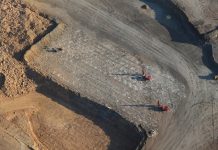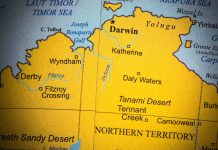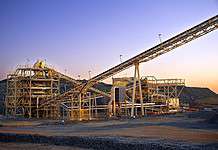AS countries across Africa reassess their mining policies with the aim of extracting greater value from their natural resources, Cote d’Ivoire lawmakers have instated a new mining code designed to attract
investors and increase gold production.
While mining currently accounts for just 1 per cent of gross domestic product from the country’s agriculture-dominated economy, its government has announced intentions to increase gold production
from 12t (about 423,287oz) in 2013 to 25t (about 881,849oz) by 2015.
The changes to the Cote d’Ivoire mining code are just one element of a range of efforts to rebuild the country’s economy following a decade of political turmoil.
Under the new code, holding permits were extended from seven years to 10 years, with the possibility of an additional two year extension. Future permit areas are also to be restricted to an area of 400 square kilometres, down from 1000sqkm.
Most importantly, the new code did not include the tax on windfall profits that was proposed by the former minister for Mines – it is this key aspect of the new code that is expected to draw the attention of international investors.
“This mining code has made a big step forward, making [Cote d’Ivoire] more attractive,” Groupement Professionnel des Miniers de Cote d’Ivoire (GPMC) association of mining companies president Nouho Kone said.
Control Risks Group analyst Christoph Wille told media that while the country’s gold production target was likely to be too optimistic, Cote d’Ivoire was an attractive investment option compared to other regional produces such as Mali, Ghana and Burkina Faso because of its good infrastructure.
“Ivory Coast is really under-exploited compared to its neighbours as production only got underway shortly before the crisis [relating to the disputed election of 2010],” he said.
Meanwhile, the Democratic Republic of Congo is likely to submit changes to its 2002 mining code to parliament this year; Kenya’s new Mining Bill is expected to overhaul its Mining Act of 1940; South Africa has proposed a set of changes to the 2002 Mineral and Petroleum Resources Development Act which will be debated in parliament this year; and Mozambique was expected to begin parliamentary discussions of its much-delayed new mining law late in 2013, according to The Africa Report.






















